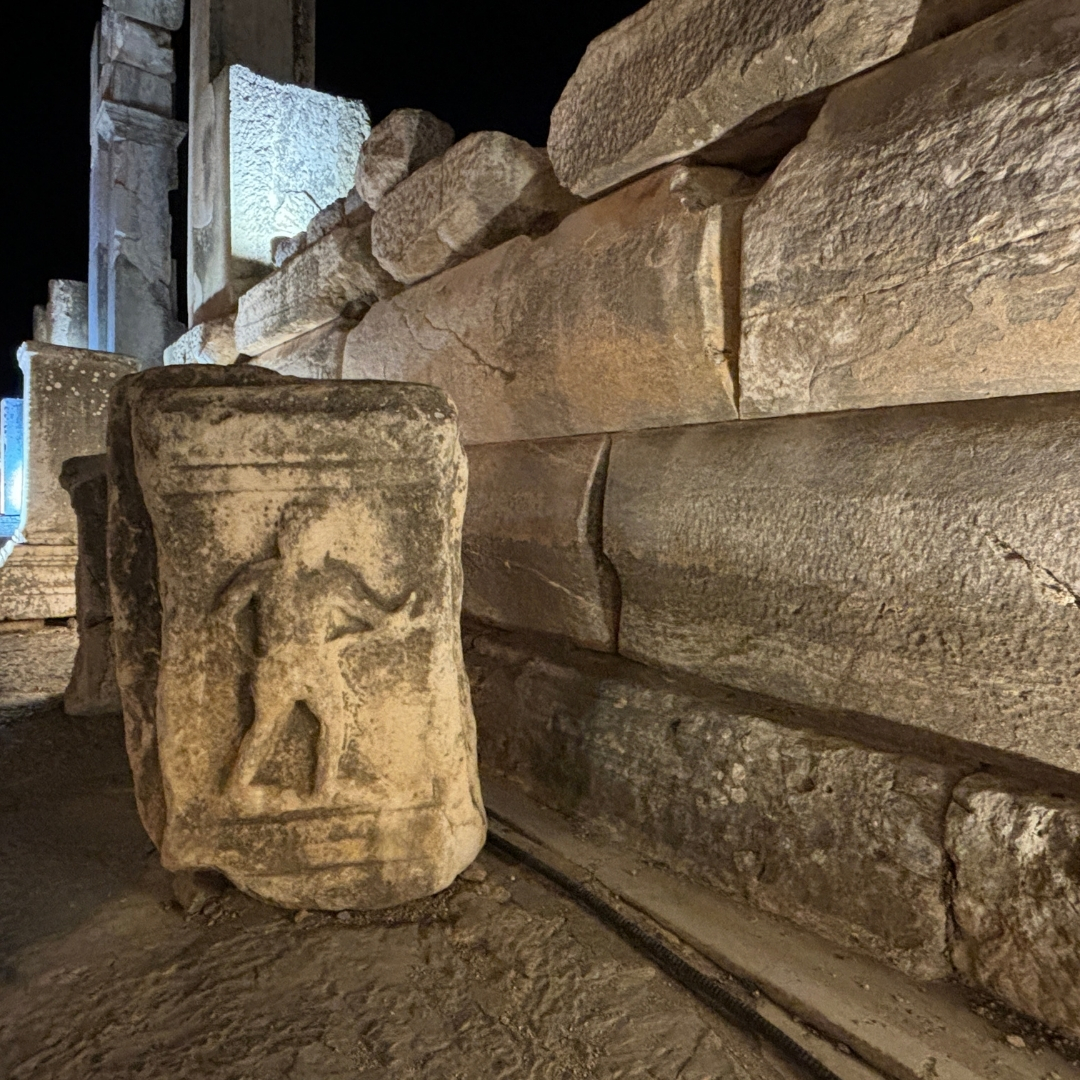
To the angel of the church in Ephesus, write:
The one who holds the seven stars in His right hand and walks among the seven golden lampstands says: "I know your deeds, your labor, and your perseverance. I know that you cannot tolerate evil, and you have tested those who claim to be apostles but are not, and you found them to be false. You have endured hardships for my name’s sake, and you have not grown weary. Yet, I have this against you: you have forsaken your first love. Consider how far you have fallen. Repent, and do the things you did at first. If you do not repent, I will come to you and remove your lampstand from its place. But you have this in your favor: you hate the practices of the Nicolaitans, which I also hate."
"Whoever has ears, let them hear what the Spirit says to the churches. To the one who is victorious, I will grant the right to eat from the tree of life, which is in the paradise of God."
(Revelation 2:1-7)
The church in Ephesus (2:1-7) was praised for its diligence and endurance. The Ephesian believers faced considerable opposition, particularly from the worship of Artemis and the many other Greek gods honored in the region. Ephesus was also known as a hub of magical practices (Acts 19:19), and false apostles infiltrated the church. St. Paul had warned the Ephesian elders that some from within would distort the truth (Acts 20:29-30), and Timothy was tasked with stopping heretics such as Hymenaeus, Alexander, and Philetus (1 Tim. 1:3, 19-20; 2 Tim. 2:17-18).
Despite these challenges, the Ephesian church had lost its initial fervor for Christ and His people. The city of Ephesus had undergone significant changes, including its relocation three times in its early history. Jesus warned that unless the church repented, He would remove its lampstand, symbolizing its loss of influence and prominence in Asia. However, this does not imply that Jesus would erase the church altogether.
The faithful in Ephesus, those who overcame these trials, were promised access to the tree of life in the paradise of God. In Greek Old Testament tradition, "paradise" referred to the Garden of Eden, offering a stark contrast to the pagan understanding of paradise. The nearby grove of Ortygia, believed to be Artemis’s birthplace, was a revered site for pagan worship. Yet, the Christians were promised a far greater, eternal paradise that transcended the transient and earthly delights worshipped by the pagans.






